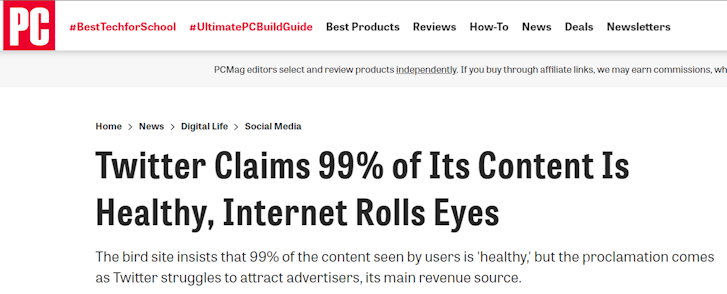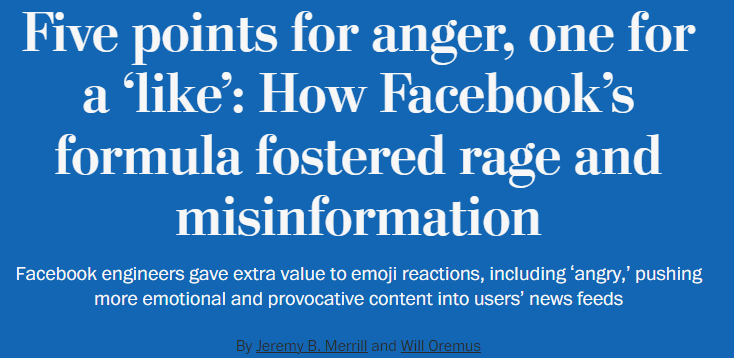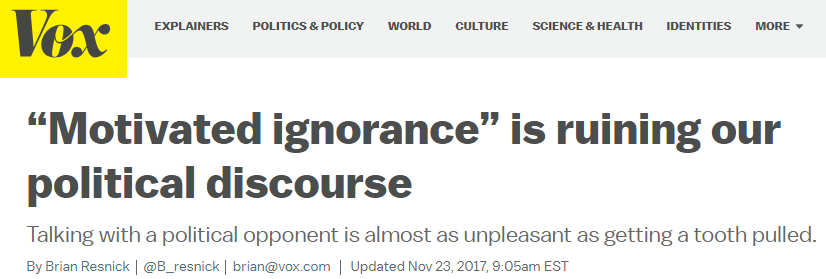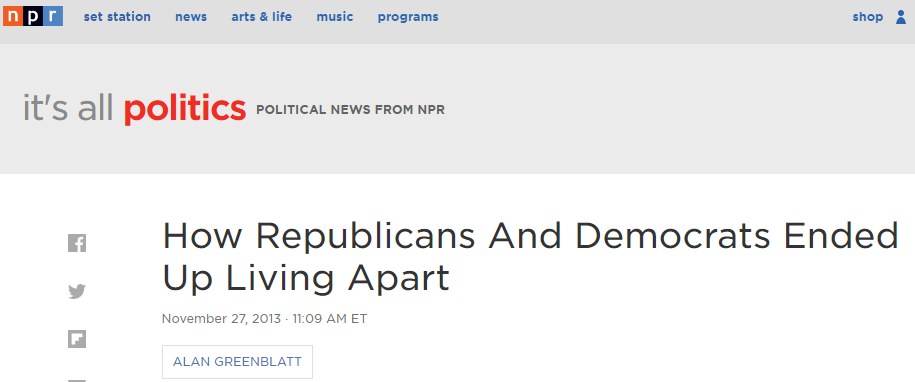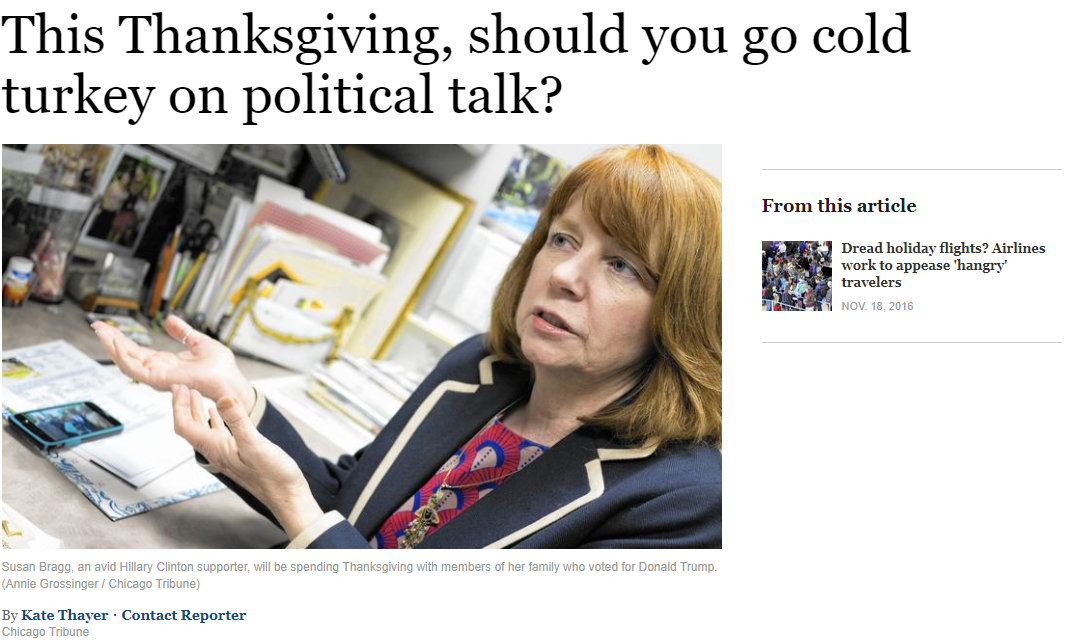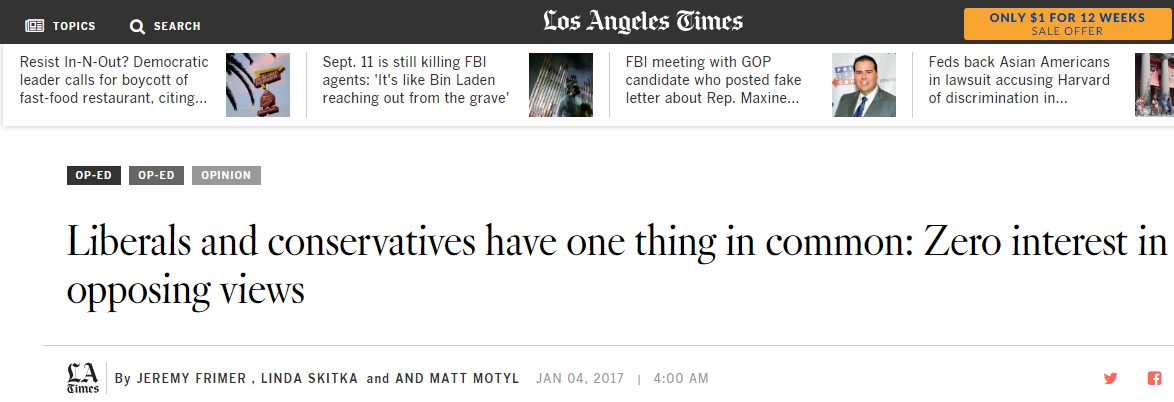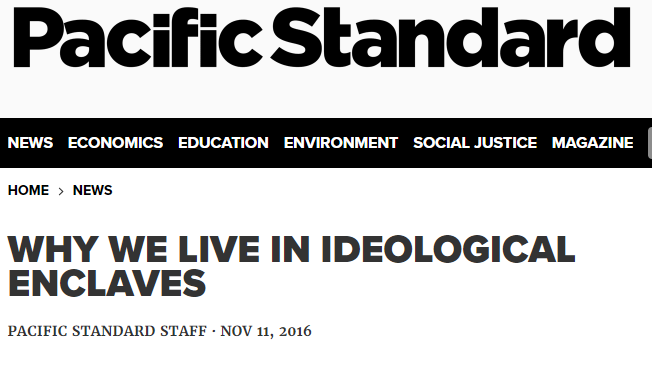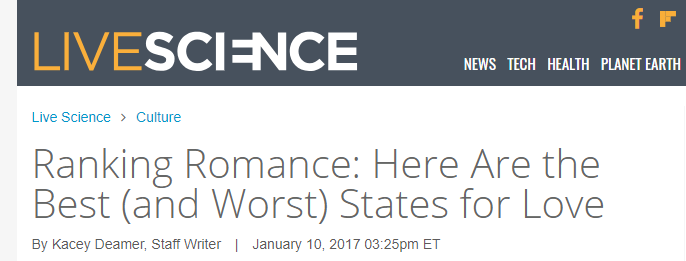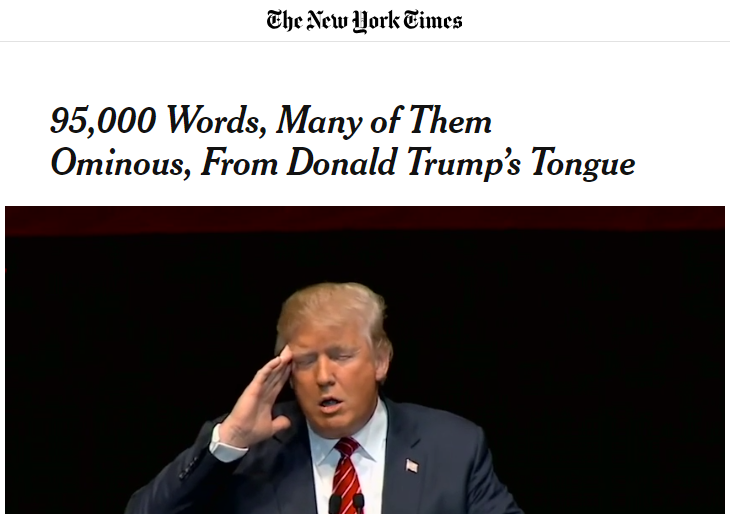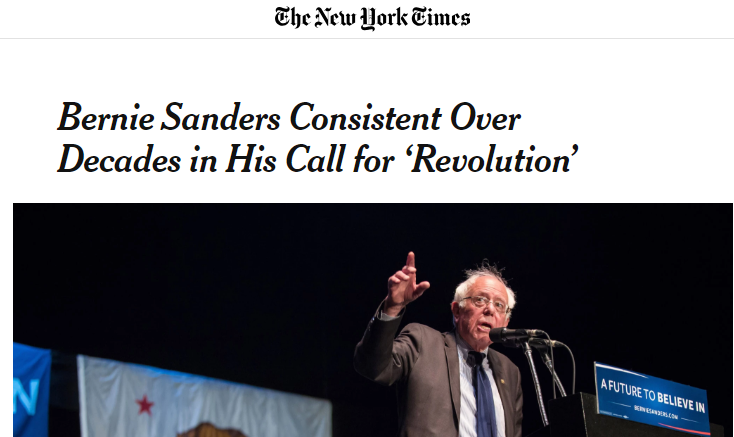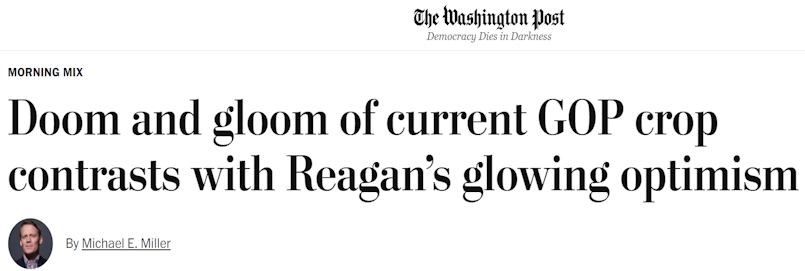I'm Matt Motyl.
I'm a political psychologist
I'm a behavioral data scientist
I'm a trust and safety professional
I'm a user experience expert
I'm an award-winning educator
based in San Francisco, California.
Download Resume Download CV
About Me
Hello! I'm Matt Motyl.
I am fascinated by the ways in which technology can shape society. I've studied cognitive biases, misinformation, threats to democracy, and well-being for 18+ years, and have spent the past 7+ years working to use technology to promote the social good by consulting with numerous companies, civil society organizations, and policymakers. In my job in industry, I specialized in using behavioral data in novel ways to improve artificial intelligence and machine learning-based algorithms to identify and promote higher-quality civic, health, and news content in ranked feeds.
I am currently a Senior Advisor at the Psychology of Technology Institute, which is a project of the University of Southern California's Neely Center for Ethical Leadership and Decision Making. As Senior Advisor, I am developing the Social Media Index, which is the first scientific attempt to compare the positive and negative experiences that people have across the most popular social media and communication platforms, managing and analyzing the data for a nationally representative and longitudinal panel survey of social media users in the United States, and advising product teams and policymakers on how to address problems on these platforms. I am a regular contributor to their blog Designing Tomorrow on Substack.
I am also a Resident Fellow at the Integrity Institute, which is a non-profit organization comprised of people with on-platform experience building and monitoring potential harms on some of the most widely-used technology platforms in existence.
18++
Years Experience
60++
Scientific Publications
16926++
Citations
Select Speaking
I have given hundreds of presentations and workshops.
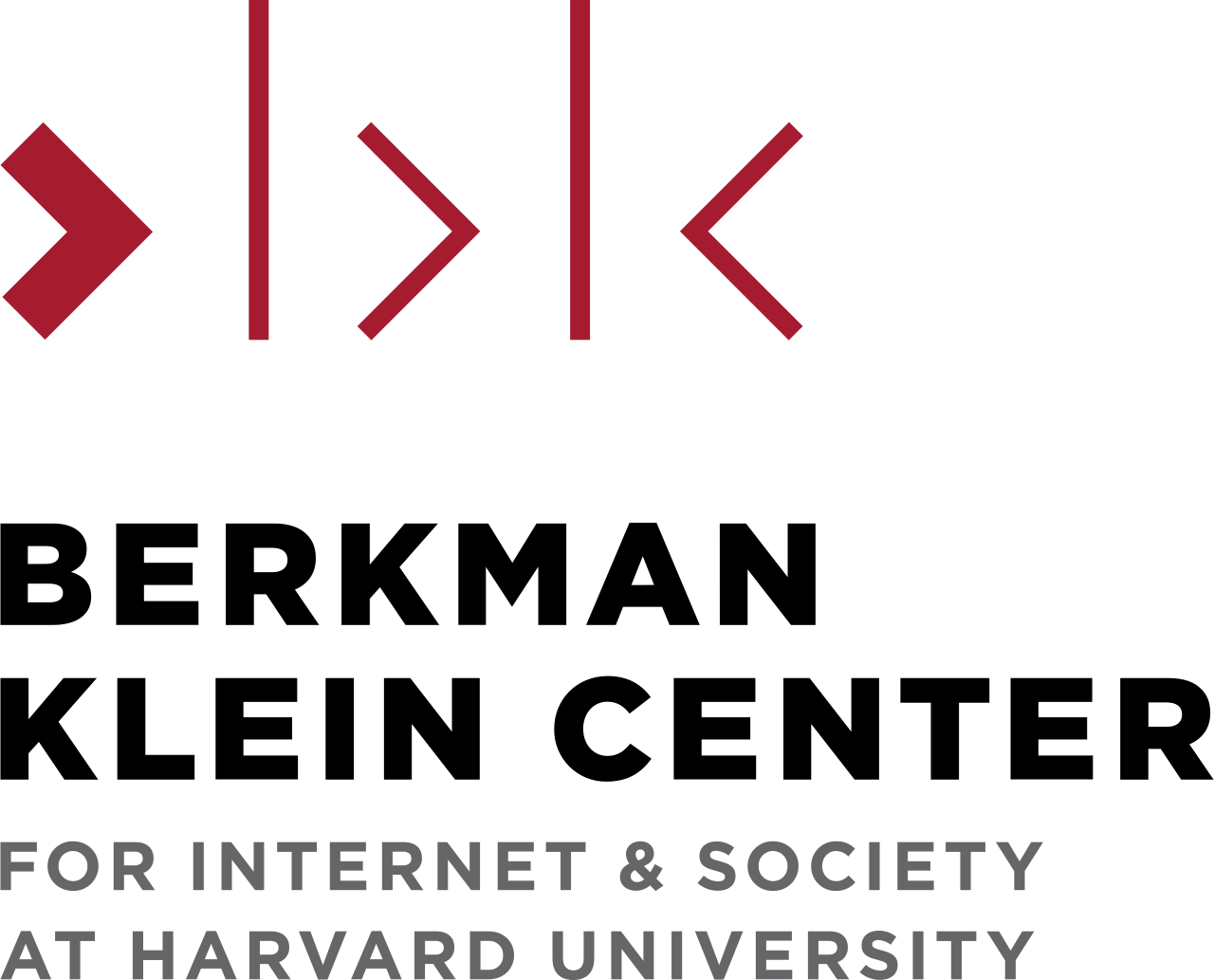



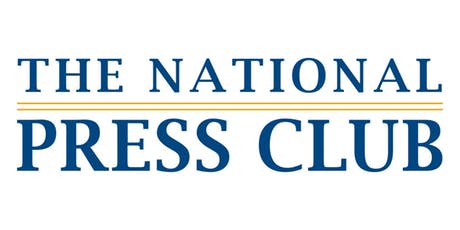
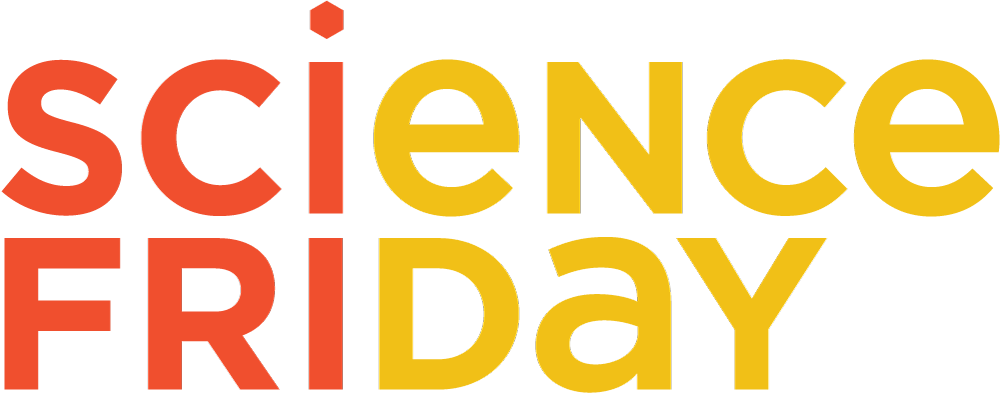




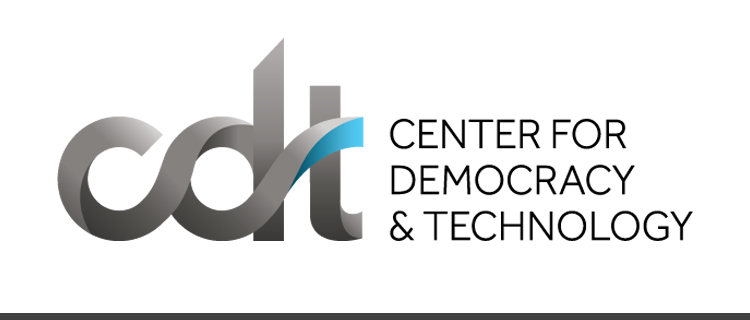


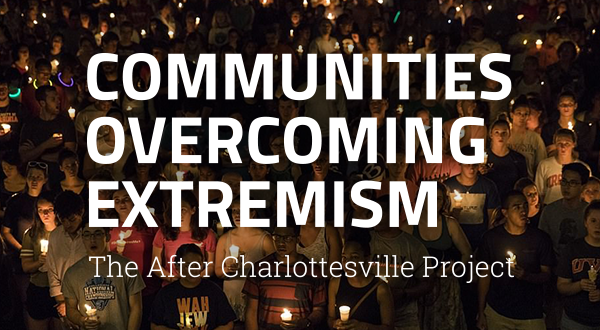




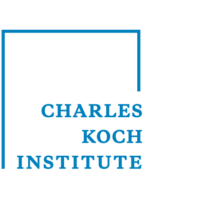
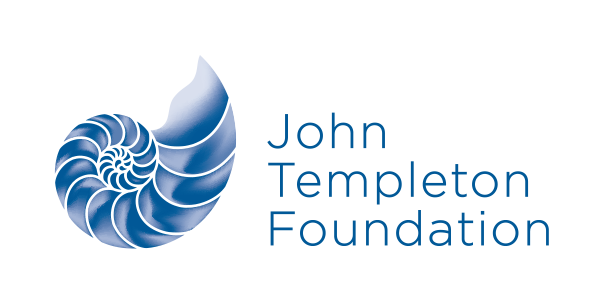
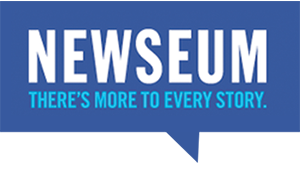
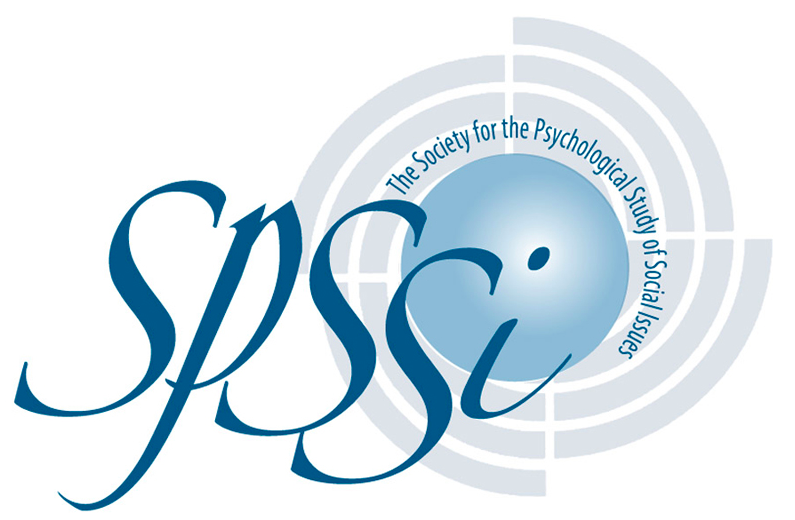


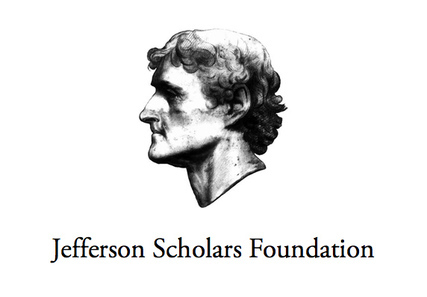


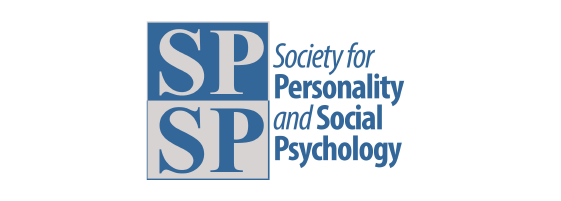
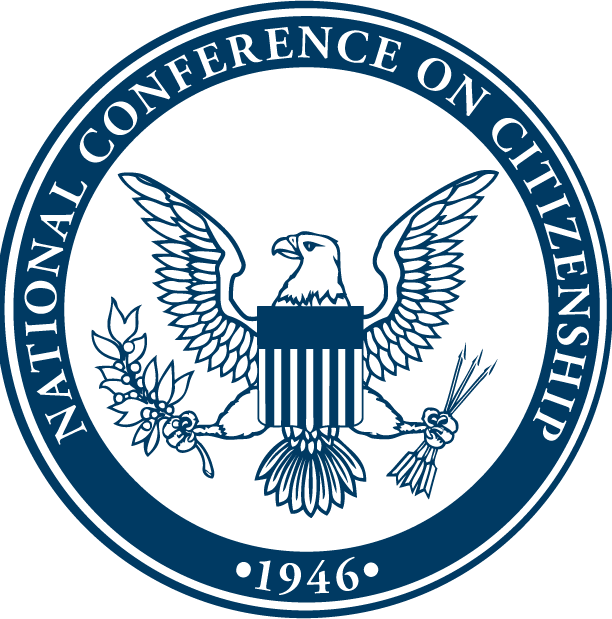


Scientific Publications
Most of my 60+ academic publications and corresponding research materials are accessible here, but you can also find copies of them on my Google Scholar page, PsyArXive, my Social Science Research Network homepage, my Academia.edu account, or my Research Gate account. If you are not able to access an article or its corresponding materials for any reason, let me know and I will be happy to send along all that I have (you can contact me at matt.motyl@gmail.com).
Chopik, W. J., Confer, J. A., & Motyl, M. (2023). Age differences in free will and control perceptions across the lifespan and around the world. Current Research in Ecological and Social Psychology, 4. Download Article
Howard, K. A., Cervone, D., & Motyl, M. (2022). Could your candidate shoot someone on 5th Avenue and not lose votes? Identifying lines in the sand in ingroup candidate transgressions. Journal of Social and Political Psychology, 10, 272-287. Download Article, Download supplementary materials
Sklenar, A. M., McCurdy, M. P., Frankenstein, A. N., Motyl, M., & Leshikar, E. D. (2021). Person memory mechanism underlying approach and avoidance judgments of social targets. Social Cognition, 39, 747-772. Download Article
Adam‐Troian, J., Wagner‐Egger, P., Motyl, M., Arciszewski, T., Imhoff, R., Zimmer, F., ... & van Prooijen, J. W. (2021). Investigating the links between cultural values and belief in conspiracy theories: The key roles of collectivism and masculinity. Political Psychology, 42(4), 597-618. Download Article
Webster, R. J., Morrone, N., Motyl, M., & Iyer, R. (2021). Using trait and moral theories to understand belief in pure evil and belief in pure good. Personality and Individual Differences, 173. Download Article
Brandt, M. J., Kuppens, T., Spears, R., Andrighetto, L., Autin, F., Babincak, P., ... Motyl, M.... & Zimmerman, J. L. (2020). Subjective status and perceived legitimacy across countries. European Journal of Social Psychology, 50(5), 921-942. Download Article
Motyl, M., Prims, JP., & Iyer, R. (2020). How ambient cues facilitate political segregation. Personality and Social Psychology Bulletin, 46, 723-737. Download Article
Adam-Troïan, J. & Motyl, M. (2020). Religion: More essential (and existential) nutrient than opiate for the masses. The Science of Religion, Spirituality, and Existentialism, 405-420. Download Article
Gampa, A., Wojcik, S. P., Motyl, M., Nosek, B. A., & Ditto, P. H. (2019). (Ideo) Logical reasoning: Ideology impairs sound reasoning. Social Psychological and Personality Science, 10, 1075-1083. Download Article
Frimer, J. A., Brandt, M. J., Melton, Z., & Motyl, M. (2019). Extremists on the left and right use angry, negative language. Personality and Social Psychology Bulletin, 45, 1216-1231. Download Article
Pyszczynski, T., Kesebir, P., Motyl, M., Yetzer, A., & Anson, J. M. (2018). Ideological consistency, political orientation, and variability across moral foundations. PsyArxive. Download Article
Howard, K. A., Cervone, D., & Motyl, M. (2021). On the varieties of diversity: Ideological variations in attitudes toward, and understandings of diversity. Personality and Social Psychology Bulletin, 48, 1039-1053. Download Article
Washburn, A. N., Hanson, B. E., Motyl, M., Skitka, L. J., Yantis, C., Wong, K. M., ... & Carsel, T. S. (2018). Why Do Some Psychology Researchers Resist Adopting Proposed Reforms to Research Practices? A Description of Researchers’ Rationales. Advances in Methods and Practices in Psychological Science, 2515245918757427. Find preprint, materials, registrations, and scripts at the OSF Page.
Melton, Z. & Motyl, M. (2018). Segregation and belief polarization as boundary conditions for when fusion leads to self-sacrifice. Behavioral and Brain Sciences, 41. Download Article
Carsel, T., Demos, A. P., & Motyl, M. (2018). Strong scientific theorizing is needed to improve replicability in psychological science. Behavioral and Brain Sciences, 41. Download Article
Motyl, M., Demos, A. P., Carsel, T. S., Hanson, B. E., Melton, Z. J., Mueller, A. B., Prims, J. P., Sun, J., Washburn, A. N., Wong, K. M., Yantis, C. A., & Skitka, L. J. (2017). The state of social and personality science: Rotten to the core, not so bad, getting better, or getting worse? Journal of Personality and Social Psychology, 113, 34-59. Download article. Find materials, registrations, and scripts at the OSF Page for Study 1 and the OSF Page for Study 2..
Frimer, J., Skitka, L. J., & Motyl, M.. (2017). Liberals and conservatives are similarly motivated to avoid exposure to one another's opinions. Journal of Experimental Social Psychology, 72, 1-12. Download Article
Crawford, J. T., Brandt, M. J., Inbar, Y., Chambers, J. R., & Motyl, M. (2017). Social and Economic Ideologies Differentially Predict Prejudice across the Political Spectrum, but Social Issues are Most Divisive. Journal of Personality and Social Psychology, 112, 383-412.Download article, Supplement
Graham, J., Haidt, J., Motyl, M., Meindl, P., Iskiwitch, C., & Mooijman, M. (2017). On the advantages of moral pluralism over moral monism. In K. Gray & J. Graham (Eds.), The Atlas of Moral Psychology: Mapping Good and Evil in the Mind. New York: Guilford. Download article
Stevens, S. T., Jussim, L., Anglin, S. A., Duarte, J. L., Welch, C. A., Labrecque, J., Everett, J., Edlund, J., & Motyl, M. (in press). Political exclusion and discrimination in social psychology. In Crawford, J. T., & Jussim, L. (Eds.). The politics of social psychology. New York: Psychology Press.
Prims, J., Melton, Z. J., & Motyl, M. (2017). Using Twitter to understand moral differences underlying political preferences in the 2016 election. In M. Fitzduff (Ed.), Irrational Politics: The Allure of Donald Trump. Praeger. Download Article, Data
Chopik, W., & Motyl, M. (2017). Is Virginia for Lovers? Geographic variation in adult attachment orientation. Journal of Research in Personality, 66, 38-45. Download article, OSF Page
Frimer, J., Motyl, M., & Tell, C. (2017). Sacralizing liberals and fair-minded conservatives: Ideological symmetry in the moral motives in the culture war. Analyses of Social Issues and Public Policy. Download article
Chopik, W., & Motyl, M. (2016). Ideological fit enhances interpersonal orientations. Social Psychological and Personality Science, 7, 759-768. Download article, Data
Motyl, M. (2016). Liberals and conservatives are geographically dividing. In P. Valdesolo & J. Graham (Eds.), Bridging Ideological Divides: The Claremont Symposium for Applied Social Psychology. Sage Press. Download Article
Tierney, W., Schweinsberg, M., Jordan, J., Kennedy, D. M., Qureshi, I., Sommer, S. A., Thornley, N., Madan, N., Vianello, M., Awtrey, E., Zhu, L., Diermeier, D., Heinze, J., Srinivasan, M., Tannenbaum, D., *Bivolaru, E., Dana, J., Davis-Stober, C. P., Du Plessis, C. Gronau, Q. F., Hafenbrack, A. C., Liao, E. Y., Ly, A., Marsman, M., Murase, T., Qureshi, I., Schaerer, M., Thornley, N., Tworek, C. M., Wagenmakers, E-J., Wong, L., Anderson, T., Bauman, C. W., Bedwell, W. L., Brescoll, V., Canavan, A., Chandler, J. J., Cheries, E., Cheryan, S., Cheung, F., Cimpian, A., Clark, M., Cordon, D., Cushman, F., Ditto, P. H., Donahue, T., Frick, S. E., Gamez-Djokic, M., Hofstein Grady, R., Graham, J., Gu, J., Hahn, A., Hanson, B. E., Hartwich, N. J., Hein, K., Inbar, Y., Jiang, L., Kellogg, T., Kennedy, D. M., Legate, N., Luoma, T. P., Maibeucher, H., Meindl, P., Miles, J., Mislin, A., Molden, D. C., Motyl, M., Newman, G., Ngo, H. H., Packham, H., Ramsay, P. S., Ray, J. L., Sackett, A. M., Sellier, A-L., Sokolova, T., Sowden, W., Storage, D., Sun, X., Van Bavel, J. J., Washburn, A. N., Wei, C., Wetter, E., Wilson, C., Darroux, S-C., & Uhlmann, E. L. (in press). Data from a pre-publication independent replication initiative examining ten moral judgement effects. Nature: Scientific Data.
Schweinsberg, M., Madan, N., Vianello, M., Sommer, S. A., Jordan, J., Tierney, W., Awtrey, E., Zhu, L., Diermeier, D., Heinze, J., Srinivasan, M., Tannenbaum, D., Bivolaru, E., Dana, J., Davis-Stober, C. P., Du Plessis, C. Gronau, Q. F., Hafenbrack, A. C., Liao, E. Y., Ly, A., Marsman, M., Murase, T., Qureshi, I., Schaerer, M., Thornley, N., Tworek, C. M., Wagenmakers, E-J., Wong, L., Anderson, T., Bauman, C. W., Bedwell, W. L., Brescoll, V., Canavan, A., Chandler, J. J., Cheries, E., Cheryan, S., Cheung, F., Cimpian, A., Clark, M., Cordon, D., Cushman, F., Ditto, P. H., Donahue, T., Frick, S. E., Gamez-Djokic, M., Hofstein Grady, R., Graham, J., Gu, J., Hahn, A., Hanson, B. E., Hartwich, N. J., Hein, K., Inbar, Y., Jiang, L., Kellogg, T., Kennedy, D. M., Legate, N., Luoma, T. P., Maibeucher, H., Meindl, P., Miles, J., Mislin, A., Molden, D. C., Motyl, M., Newman, G., Ngo, H. H., Packham, H., Ramsay, P. S., Ray, J. L., Sackett, A. M., Sellier, A-L., Sokolova, T., Sowden, W., Storage, D., Sun, X., Van Bavel, J. J., Washburn, A. N., Wei, C., Wetter, E., Wilson, C., Darroux, S-C., & Uhlmann, E. L. (in press). The pipeline project: Pre-publication independent replications of a single laboratory’s research pipeline. Journal of Experimental Social Psychology. Download Article, Download Supplement
Open Science Collaboration. (2015). Estimating the reproducibility of psychological science. Science, 349,, 943-953. Download Article, Data
Motyl, M., & Iyer, R. (2015). Diverse crowds using diverse methods improves the scientific dialectic. Behavioral and Brain Sciences. Download Article
Wojcik, S. P., Hovasapian, A., Graham, J., Motyl, M., & Ditto, P. H. (2015). Defining the happiness gap-Response. Science, 348, 1216-1217. Download Article
Wojcik, S. P., Hovasapian, A., Graham, J., Motyl, M., & Ditto, P. H. (2015). Conservatives report, but liberals display, greater happiness. Science, 347, 1243-1246. Download Article, Data
Clifford, S., Jerit, J. Rainey, C., & Motyl, M. (2015). Moral concerns and policy attitudes: Investigating the influence of elite rhetoric. Political Communication, 32, 229-248. Download Article
Motyl, M., Iyer, R., Oishi, S., Trawalter, S., & Nosek, B. A. (2014). How ideological migration geographically segregates groups. Journal of Experimental Social Psychology, 51, 1-14. Download Article, OSF Page with Data and Analysis Scripts
Motyl, M. (2014). "If he wins, I'm moving to Canada": Ideological migration threats following the 2012 U.S. Presidential election. Analyses of Social Issues and Public Policy, 14, 123-136. Download Article
Motyl, M., & Iyer, R. (2013). Will the real fundamental difference underlying ideology please stand up? Behavioral and Brain Sciences, 37, 322-323. Download Article
Crawford, J. T., & Motyl, M. (2013). Bleeding-heart liberals and hard-hearted conservatives: Subtle political dehumanization through differential attributions of human nature and human uniqueness traits. Journal of Social and Political Psychology. Full-text online (open-access).
Graham, J., Haidt, J., Koleva, S., Motyl, M.,, Iyer, R., Wojcik, S. P., & Ditto, P. H. (2013). Moral Foundations Theory: The Pragmatic Validity of Moral Pluralism. Advances in Experimental Social Psychology, 47, 55-130. Download from SSRN
Iyer, R., Motyl, M., & Graham, J. (2013). What is freedom--and does wealth cause it? Behavioral and Brain Sciences, 36, 492-493. Download Article
Motyl, M., Hart, J., Goldenberg, J., Heflick, N., Pyszczynski, T., & Cooper, D. (2013). Creatureliness priming undermines aggression and support for war. British Journal of Social Psychology, 52, 648-666. Download Article
Vail, K. E., Arndt, J., Motyl, M., & Pyszczynski, T. (2012). The aftermath of destruction: Images of destroyed buildings increase support for war, dogmatism, and death thought accessibility. Journal of Experimental Social Psychology, 48, 1069-1081. Download Article
Pyszczynski, T., Motyl, M., Vail, K., Hirschberger, G., Arndt, J., & Kesebir, P. (2012). Drawing attention to global climate change decreases support for war. Peace and Conflict: Journal of Peace Psychology, 18, 354-368. Download Article
Open Science Collaboration. (2012). An open, large-scale, collaborative effort to estimate the reproducibility of psychological science. Perspectives on Psychological Science, 7(6), 657-660.
Nosek, B. A., Spies, J. R., & Motyl, M. (2012). Scientific utopia II. Restructuring incentives and practices to promote truth over publishability. Perspectives on Psychological Science, 7, 615-631. Download Article
Motyl, M., Hart, J., Pyszczynski, T., Weise, D., Cox, C., Maxfield, M., & Siedel, A. (2011). Subtle priming of shared human experiences eliminates threat-induced negativity toward Arabs, immigrants, and peace-making. Journal of Experimental Social Psychology, 47, 1179-1184. Download Article
Pyszczynski, T., Henthorn, C., & Motyl, M. (2010). Is Obama the Anti-Christ? Racial priming, extreme criticisms of Barack Obama, and attitudes toward the 2008 US presidential candidates. Journal of Experimental Social Psychology, 46, 863-866. Download Article
Nosek, B. A., Graham, J., Lindner, N. M., Kesebir, S., Hawkins, C. B., Hahn, C., Schmidt, K., Motyl, M., Joy-Gaba, J., Frazier, R., & Tenney, E. R. (2010). Cumulative and career-stage citation impact of social-personality programs and their members. Personality and Social Psychology Bulletin, 36, 1283-1300. Download Article
Motyl, M., & Pyszczynski, T. (2010). The existential underpinnings of the cycle of terrorist and counterterrorist violence and pathways to peaceful resolutions. International Review of Social Psychology, 3, 267-291. Download Article
Motyl, M., Hart, J., & Pyszczynski, T. (2010). When animals attack: The effects of mortality salience, infrahumanization of violence, and authoritarianism on support for war. Journal of Experimental Social Psychology, 46, 200-203. Download Article
Vail III, K. E., & Motyl, M. (2010). Support for diplomacy: Peacemaking and militarism as a unidimensional correlate of social, environmental, and political attitudes. Peace and Conflict: The Journal of Peace Psychology, 16, 29-57. Download Article
Vail III, K. E., Arndt, J., Motyl, M., & Pyszczynski, T. (2009). Compassionate values and presidential politics: Mortality salience, compassionate values and support for Barack Obama and John McCain in the 2008 presidential election. Analyses of Social Issues and Public Policy, 9, 255-268. Download Article
Goldenberg, J.L., Heflick, N.A., Vaes, J., Motyl, M., & Greenberg, J. (2009). Of mice and men, and objectified women: Terror management as an explanatory framework for infrahumanization effects. Group Processes and Intergroup Relations, 12, 1-14. Download Article
Motyl, M., Rothschild, Z., & Pyszczynski, T. (2009). The cycle of violence and pathways to peace. Organisational Transformation and Social Change, 6, 153-170. Download Article
Vail, K. E., Motyl, M., Abdollahi, A., & Pyszczynski, T. (2009). Dying to live: Terrorism, war, and defending one's way of life. In D. Antonius, A. D. Brown, T. K. Walters, J. M. Ramirez, & S. J. Sinclair (Eds.), Interdisciplinary Analyses of Terrorism and Political Aggression (pp. 49-70). Cambridge Scholars Publishing.
Pyszczynski, T., Vail III, K. E., & Motyl, M. (2009). The cycle of righteous killing: Psychological forces in the prevention and promotion of peace. In T. Pick, A. Speckhard, & B. Jacuch (Eds.), Homegrown Terrorism: Understanding and Addressing the Root Causes of Radicalisation among Groups with an Immigrant Heritage (pp. 227-243). Amsterdam: IOS Press.
Motyl, M., Vail III, K. E., & Pyszczynski, T. (2009). Waging terror: Psychological motivations in cultural violence and peacemaking. In M. Morgan and P. Zimbardo (Ed.), The Day That Changed Everything: The Impact of 9/11 (pp. 23-36). Boston, MA: Praeger/Greenwood Press. Read this chapter online
Pyszczynski, T., Motyl, M., & Abdollahi, A. (2009). Righteous violence: Killing for god, country, freedom, and justice. Behavioral Sciences of Terrorism and Political Aggression, 1, 12-39. Download Article
Pyszczynski, T., Rothschild, Z., Motyl, M., & Abdollahi, A. (2008). The cycle of righteous destruction: A terror management theory perspective on terrorist and counter-terrorist violence. In W. Stritzke, S. Lewandowsky, D. Denemark, J. Clare, & F. Morgan, & Claire (Eds.), Terrorism and torture: An interdisciplinary perspective (pp. 154-178). New York: Cambridge University Press.
Greene, E., Dunaway, K., & Motyl, M. (2008). Shouldn't we consider? Jury discussions of forbidden topics and damage awards. Psychology, Public Policy, and Law, 14, 194-222. Download Article
Rothschild, Z., Motyl, M., & Pyszczynski, T. (2007). Peace in the face of terror. Peace Psychology, 18, 18-20.
Motyl, M., & DeLamarter, W. (2006). From 9/11 to Katrina: Has there been an evolution in political preferences? Peace Psychology, 15, 18.
Testimonials
See what my colleagues, clients, and students say about me.
I am the Director & Head of Civic Product @ Meta. In my 2 years of working with Matt, his research was a critical foundation for cross-company-approach to improving societal outcomes. His work often resulted in step-changes to our product strategy - marrying his expertise in social science with cutting-edge quant and qual techniques. He was able to take extremely complex domains and data challenges - and generate actionable and clear insights for Product orgs. Most importantly: he displayed an unwavering commitment to people, society, equity, and our shared-goal to make the online world a better place. I would work with Matt again in a heartbeat - and am tremendously grateful for the way he helped all of us achieve more.
 Ryan Beiermeister Head of Civic Product & Director at Meta
Ryan Beiermeister Head of Civic Product & Director at Meta It's rare that a professor of Matt's level of skill and influence enters the broader market (industry, etc.). If you or someone you know wishes to hire an immensely skilled social scientist, you won't want to miss this opportunity. #MattMotylFTW
Serious, Matt's as good as it gets, and he won't be available for long. I recommend reaching out to him today. If you want more information feeling free to email me: finkel@northwestern.edu.
 Eli Finkel, Ph.D. Bestselling Author, New York Times Contributor, & Professor at Northwestern University
Eli Finkel, Ph.D. Bestselling Author, New York Times Contributor, & Professor at Northwestern University I was able to work with Matt in helping to translate insights from Facebook app's civic strategy to an Instagram-specific context. In doing so, I was struck by both the raw energy and unrivaled expertise Matt brought to his work. Matt had patiently and passionately built the case for his strategy over years, and politely but insistently brought his insights to senior leaders (e.g., c-suite). Eventually, Matt won them over.
I had not previously had a model for how an individual contributor could shape thinking at the highest levels of the company. Thanks to Matt, I now know what that looks like. It was a pleasure to work with Matt and I would jump at the chance to work with him again.
 Sarah Sibley Senior Data Scientist at Instagram
Sarah Sibley Senior Data Scientist at Instagram Matt and I worked together on global integrity issues at Meta. I can confidently say that Matt is one if the most talented researchers I have ever worked with. His deep understanding of people, civic discourse, and online behavior, combined with his superior methodological and quantitative skills, enabled him to make high impact contributions to our joint work.
He is a great mentor and peer and it is common to walk away feeling enriched and like you learned something new after everyday conversations with him. I feel lucky to have had the opportunity to work with him and highly recommend him for positions in the social media and social sciences spaces.
 Niki Ramchandani Senior User Experience Researcher at Meta
Niki Ramchandani Senior User Experience Researcher at Meta Matt and I worked together for over a year in a thriving cross-functional team that aimed to improve online conversations. During the time, I had the privilege of having a front row seat to Matt's rich and multi-faceted understanding of online and offline discourse in general, and specifically civic discourse. Matt led a virtual team consisting of scores of engineers, researchers and data scientists to rigorously understand, define and operationalize corrosive conversations and figure out a clear strategy for how to reduce their online occurrences. Besides his extraordinary ability to engage with orthogonal functions to coordinate complex workstreams, Matt is gifted in conducting independent analytical research, using databases and technological tools to answer his own data questions and creating a clear and compelling evidence-based narrative to guide/inform decision-making for entire organizations.
While working with Matt, what stood out for me was his ability to empathize with users and their interactions with online technology, and using this understanding to drive positive changes in the product. Besides being one of the smartest people I've ever worked with, he is also one of the kindest and one of the most driven. His addition to any team or organization that is trying to understand their customers and the customer-product relationship would be a veritable asset, and I emphatically endorse him for any such role.
 Deeptish Mukherjee Senior Data Scientist at Facebook
Deeptish Mukherjee Senior Data Scientist at Facebook What is blindingly obvious from Matt's professional profile is that his output is at the level of the best ICs in the world in terms of quantity, quality, and impact of work; Matt worked on some of the most important civic projects in the family of apps while at Meta. What is less obvious but just as true is that Matt is just as strong an organizational citizen; as Matt describes, he took it upon himself to onboard tens of UXR and DS to the civic space at Meta (including myself), and as specific examples (i) I witnessed Matt mentor an intern so effectively that the summer project produced was executed and socialized at the scale and impact I would have been happy to produce myself, and (ii) Matt made himself frequently available to me to talk about how my work might fit in with the work his team does, even though most of his team (and perhaps he) had good reasons to believe the answer might be "not at all." Someone who combines this level of output and organizational stewardship is someone I would suggest snapping up immediately at any organization and likely carving out a special (large) slice of work for with the highest levels of impact.
 Robert Thorstad, Ph.D. Senior Data Scientist at Meta
Robert Thorstad, Ph.D. Senior Data Scientist at Meta Matt’s work is essential at this moment in time. His commitment to bringing research to bear on practice and to ensuring impact combined with his deep expertise in understanding the dynamics of polarization are unique. Matt is passionate about using his skills and expertise to identify and test approaches to meaningfully address divides, and I am confident that he will have tremendous impact wherever he brings his skills and experience. Anyone who has the opportunity to work with Matt should consider themselves truly lucky!
 Rachel Brown Executive Director at Over Zero
Rachel Brown Executive Director at Over Zero Matt is an amazing mentor and an incredible person. When I first reached out about his research, he happily invited me to join his lab meeting at UIC. I also had the good fortune to work with him closely on a research project and have him on my dissertation committee. During this time at UIC and even beyond, Matt’s guidance has been invaluable. I am lucky to know someone like Matt, who is not only an expert in the field but also happy to share that knowledge and help others thrive.
 Lagnajita Chatterjee, Ph.D. Professor at Worcester State University, and former Dissertation advisee
Lagnajita Chatterjee, Ph.D. Professor at Worcester State University, and former Dissertation advisee Matt was my supervisor at the non-profit organization OpenMind. As research director, his responsibility included the design and execution of the higher-level research agenda as well as direct guidance and mentorship to manage me as a research analyst.
I have come to know and appreciate Matt as a very experienced researcher who combines very technical and research skills with a great inspiring personality. As a supervisor, he was always caring and reliably provided me with the necessary support to fulfill my tasks - not least because of his numerous constructive suggestions when it comes to solving problems and getting things done.
 Fabio Votta, Ph.D. Engineering Manager, Lendtable
Fabio Votta, Ph.D. Engineering Manager, Lendtable Matt is an excellent colleague. He really stands out in his ability to distill complex technical concepts and data in simple terms. He has excellent technical abilities and communication skills, which is a potent combination, and he is great at advocating his work with key stakeholders across the company. I recommend Matt without hesitation.
 Sagnik Ghosh, Ph.D. Engineering Manager, Lendtable
Sagnik Ghosh, Ph.D. Engineering Manager, Lendtable Matt is an excellent colleague. He really stands out in his ability to distill complex technical concepts and data in simple terms. He has excellent technical abilities and communication skills, which is a potent combination, and he is great at advocating his work with key stakeholders across the company. I recommend Matt without hesitation.
 Kristen Altenberger, Ph.D. Staff Research Scientist at Meta
Kristen Altenberger, Ph.D. Staff Research Scientist at Meta Matt and I have worked together on several high impact, ambiguous and complex problems that spanned across several teams and functional areas. He is an extremely effective Quantitative Researcher: he is able to weave a data driven narrative with ease by marrying up research findings with relevant data to make very concrete and insightful points. He possesses the statistical modeling and data skills of an advanced Data Scientist and he is extremely comfortable with concepts and methods in this space. Matt is also very strong at presentation and communication: his analyses and write-ups are top notch and always contain clear product recommendations; his presentations always have the entire room's attention; he is very good at creating very clear and suggestive visualizations. These skills have cemented Matt as an indispensable contributor on the team and in the org as a whole. He is the type of Quant Researcher that goes above and beyond by helping teams understand trends, problems and opportunities and will work with cross-functional partners to turn recommendations into action. TLDR: Matt is fantastic at what he does and would be a huge asset on any team.
 Leo Angelhescu Lead Data Scientist, GoodRx
Leo Angelhescu Lead Data Scientist, GoodRx I am available for freelance consulting
Hire MeConsulting
How can I help you?
Technical Advising
Artificial intelligence, machine learning, recommendation engines, and other building blocks for technology are extraordinarily complex. I have built and worked with many of these techniques and products, and have a deep understanding of how they function.
Speaking
I am a professional public speaker and have delivered hundreds of talks and workshops for general and technical audiences on matters including but not limited to diversity, intergroup dialogue, political polarization, public policy and regulation, and the ethics of technology.
Quantitative Analysis
Data are complex, and when analyzed correctly, can vastly improve decision-making. I'm a survey statistician fluent in multiple statistical programming languages and am proficient in quantitative research.
Rigorous Research Methods
Data are only as good as the methods used to obtain them. I an award-winning scientist with 17 years of experience and have published more than 60 scientific papers, including studies of the quality of other published science.
Data Visualization
Insights are more compelling when audiences can understand the data quickly. I have spent 20 years crafting visualizations that persuade cross-functional stakeholders.
Design
Excellent product ideas may flop if they are not designed in ways that are delightful for people to use. I have been a senior staff user experience researcher working on some of the most widely used social media apps in the world.



